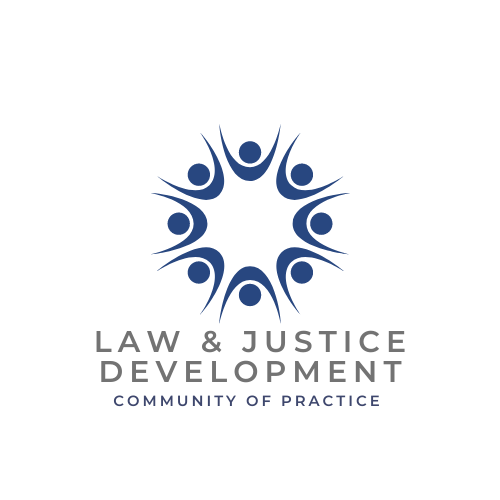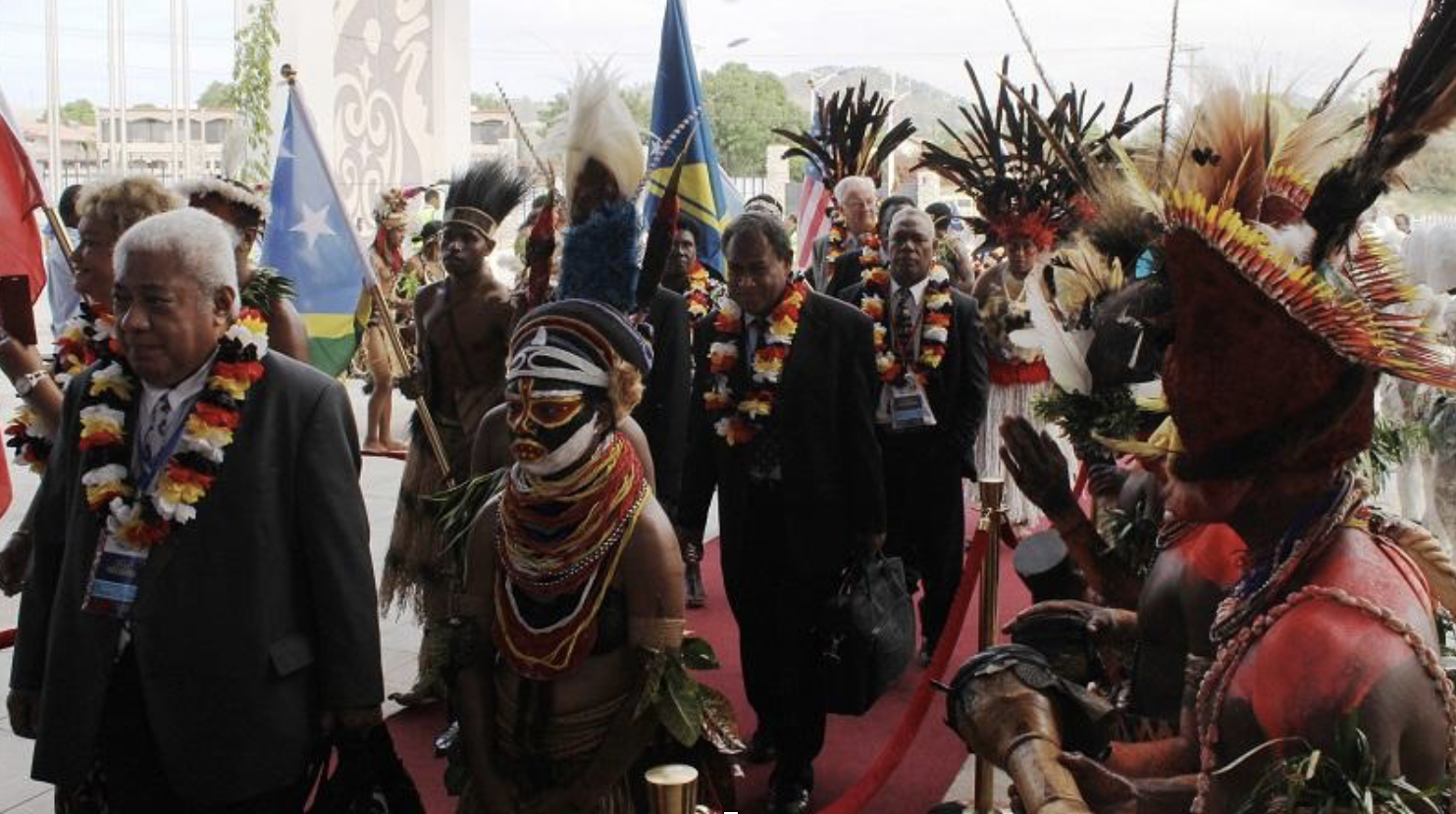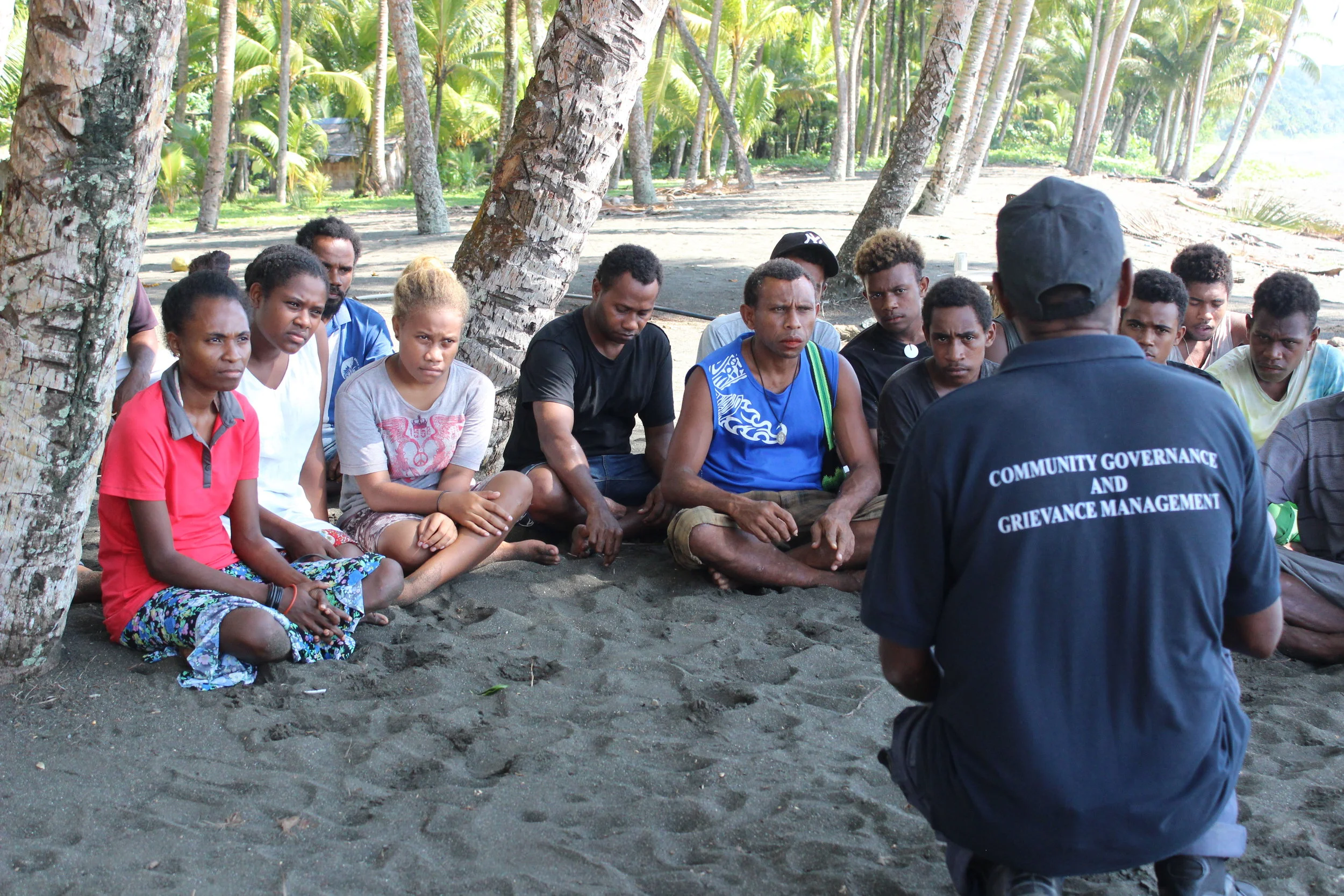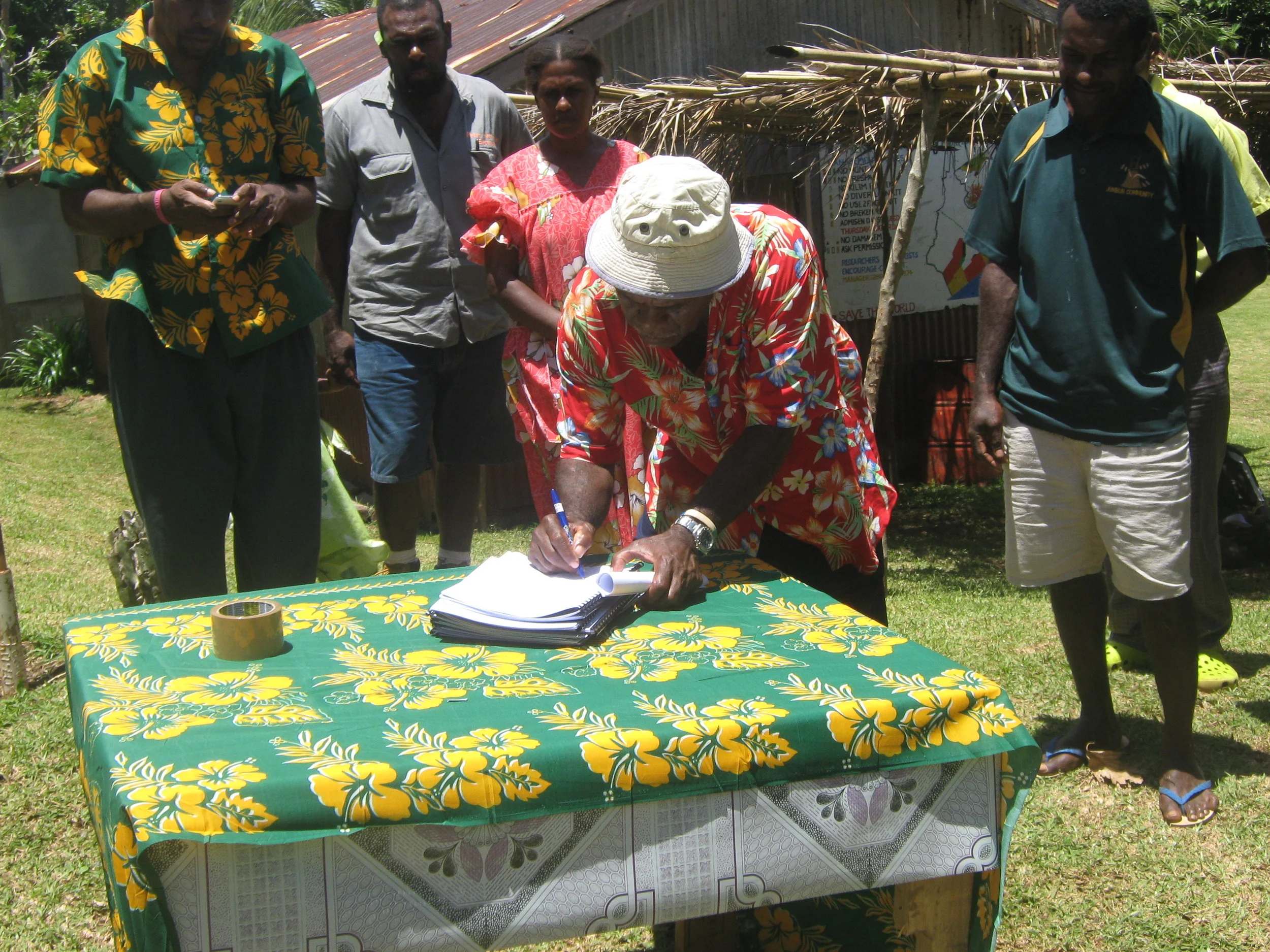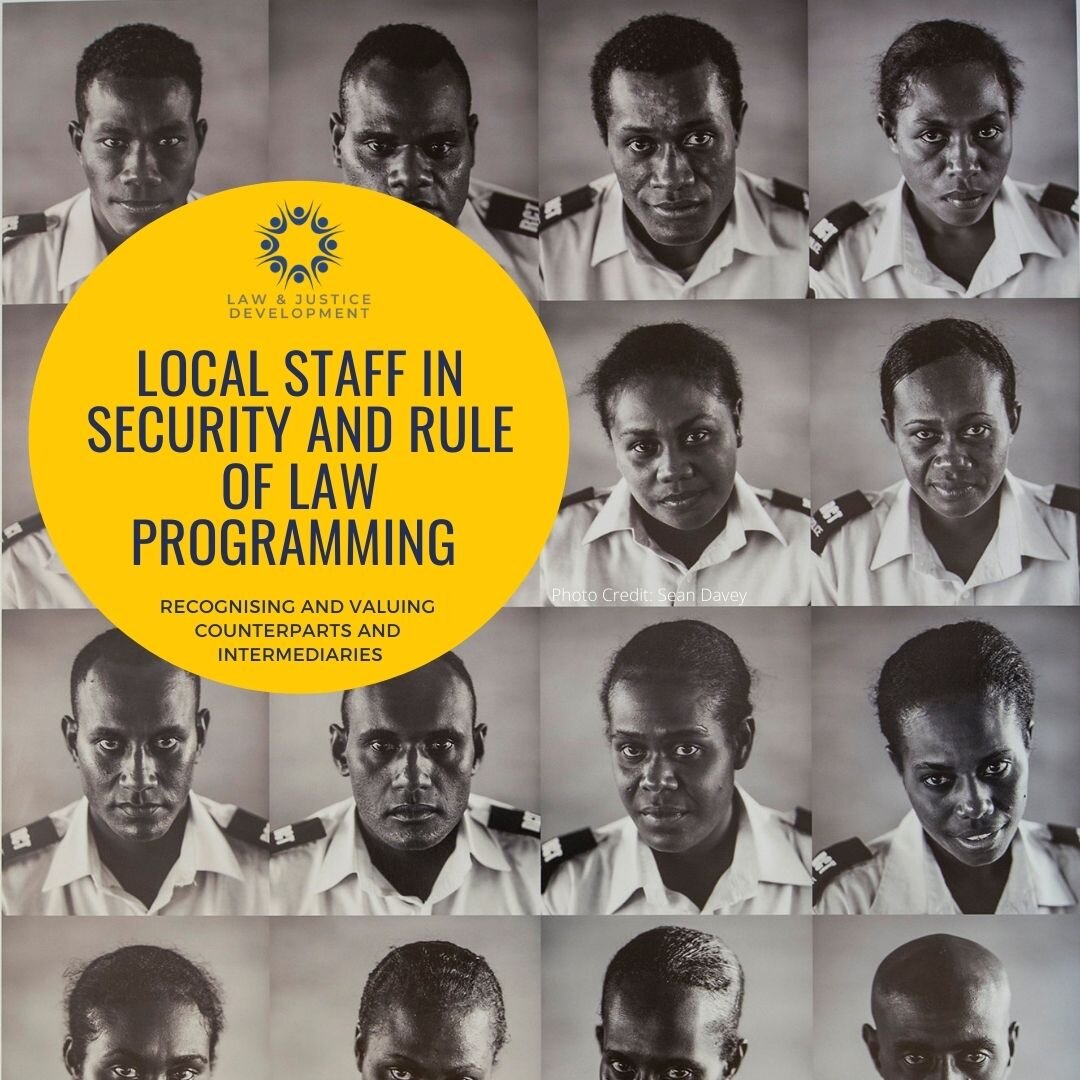
Local staff in security and rule of law programming – recognising and valuing counterparts and intermediaries
Recent evacuations of Afghan staff who worked alongside Australian and other international forces in the wake of the Taliban’s extraordinary takeover of the Afghanistan government has shone a light on local staff – the roles that they play and the obligations that are owed to them. Within the rule of law field, increasing attention has been paid to local actors who act as ‘intermediaries’ or ‘counterparts’ within internationally-funded reform efforts. Most practitioners will tell you that local staff are critical to the success of programming – that they bring with them deep contextual knowledge, networks and an understanding of how to operate politically in difficult environments. Local staff are also key to sustainability and ensuring that the latest donor-funded program connects with what has come before, and supports changes that continue after its final report is delivered. Yet this recognition of the value of local staff often does not translate well into programming architecture. Often local staff are paired with or sit under international ‘experts’ and treated as a second-tier of programming. Local staff are routinely paid less, valued for the softer skills of local knowledge rather than technical skills and seen as subjects of capacity building, rather than as the experts and leaders of reform movements.
With continued calls for localisation – or working in more locally-led ways that cede power and ‘decolonise’ development – paying greater attention to, and valuing, the role of local staff in security and rule of law programming is more important than ever. But how to get beyond the niceties of saying this in program designs to actually delivering it on the ground? This seminar will bring together insights from rule of law and policing experts with experience from Myanmar, Papua New Guinea and the Pacific to better understand how local staff experience being part of international security and rule of law programming and how their contributions can be better valued.
Speakers:
Dr. Kristina Simion, Research Fellow, Swedish Institute of International Affairs and Folke Bernadotte Academy
Andrea Yaninen, Senior International Liaison Officer, National Maritime Safety Authority, PNG
Lautoa Faletau, Team Leader, Pacific Community for Law Enforcement Cooperation, Australian Federal Police
